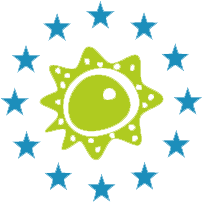ESCAIDE 2023 - A summary of Day 2
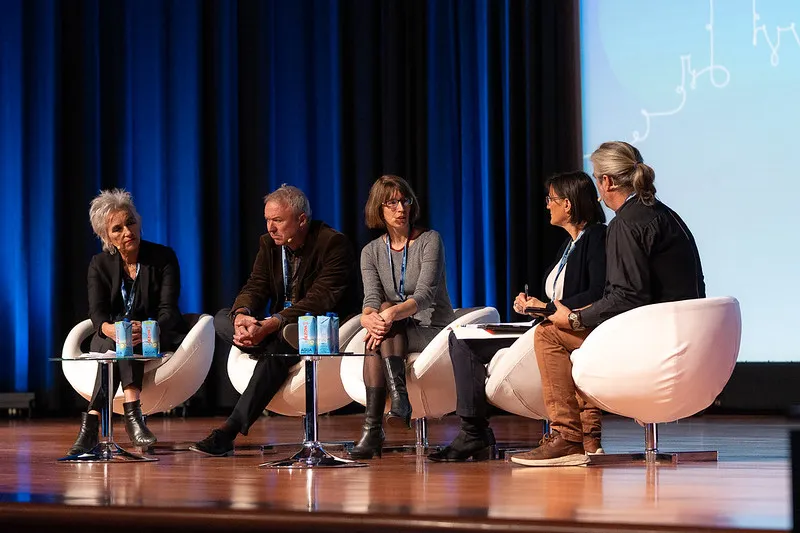
The second day of ESCAIDE started the plenary on wastewater surveillance, discussing its limitations, concerns, and benefits. Marta Vargha explained the cost-effectiveness of this type of data, which can provide information that traditional surveillance may fail to capture, such as infections among asymptomatic people. She also noted that wastewater surveillance needs to be more public health-driven rather than research-driven and presented the related EU joint action WISH. Paul Griffiths spoke about drug monitoring in wastewater systems and provided a historical overview of drug wastewater surveillance, emphasising the importance of not over- or underselling the message of wastewater monitoring. Lastly, Marion Koopmans approached wastewater surveillance from the perspective of the genomics revolution and highlighted the great potential of metagenomics in surveillance.
The motto in the wastewater surveillance community is: "Not everyone gets tested, but everyone uses the toilet." - Márta Vargha, chief counsellor at the National Center for Public Health and Pharmacy, Hungary, speaking in Plenary C
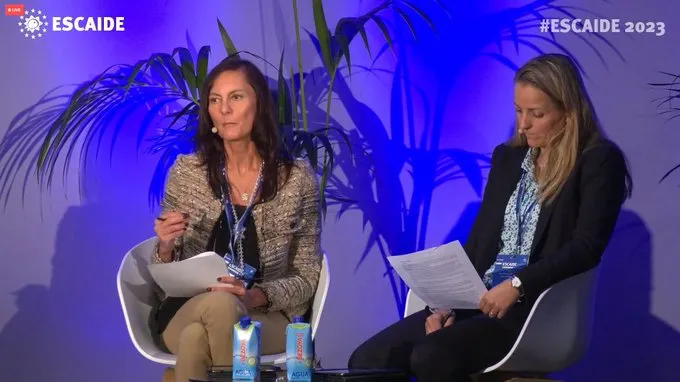
The different fireside, poster and side sessions presented relevant research and public health actions on various topics such as respiratory infections, emerging diseases, and foodborne disease outbreak investigations.
One of the side sessions explored new developments for an integrated surveillance system under the European Health Union and the EU Regulation on Serious Cross-border Threats to Health (SCBTH). During the session, a speaker stated that the COVID-19 pandemic highlighted shortcomings of European surveillance systems, emphasising the need for a more integrated and sustainable surveillance system across the EU. As a response, different systems are being implemented to bring together the complex systems and networks of surveillance across countries.
In the side session on risk communication, speakers highlighted the importance of building trust with communities, explaining that it is not possible to develop any strategy unless we listen to the people we want to reach.
Health literacy is the single element that we need to build for the next big emergency. - Cristiana Salvi, head of Risk Communication, Community Engagement and Infodemic Management Unit at the WHO Regional Office for Europe, speaking in the side event on risk communication
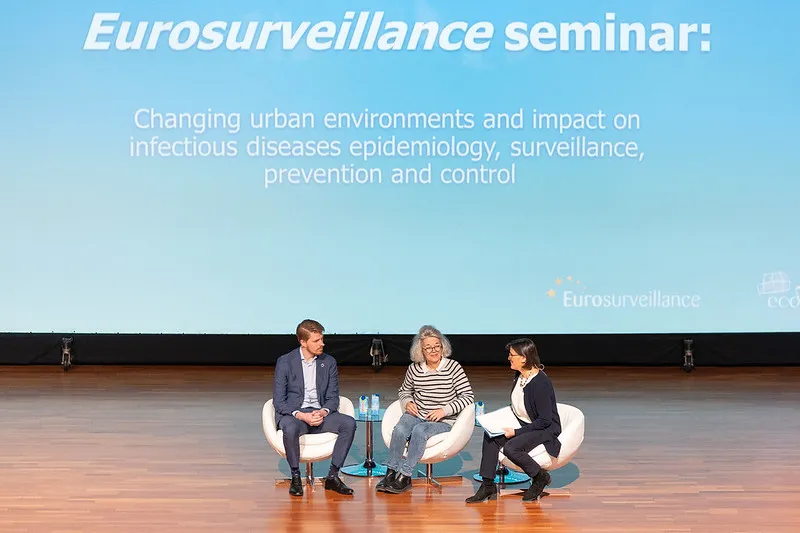
The Eurosurveillance seminar on the effect of changing urban environments on infectious diseases addressed both benefits and potential hazards of greening policies. On one hand, some of the presented positive aspects of this urban change included improvements in mental health, respiratory and cardiovascular diseases. On the other, identified potential harmful effects included the levels of pollen emission, conflicting interactions between humans and wildlife, and a potential increase of arthropods-borne diseases like dengue or leishmaniasis.
The seminar also discussed foresight practices, looking at identified key drivers of change for public health in the EU/EEA and underlining the importance of following foresight practices to better prepare for these changes.
We need to expand the recognition of One Health to other sciences, like social sciences, breaking down silos. We need to be more universal. - Sandra Gallina, Director-General for Health and Food Safety at the European Commission, speaking in Plenary D
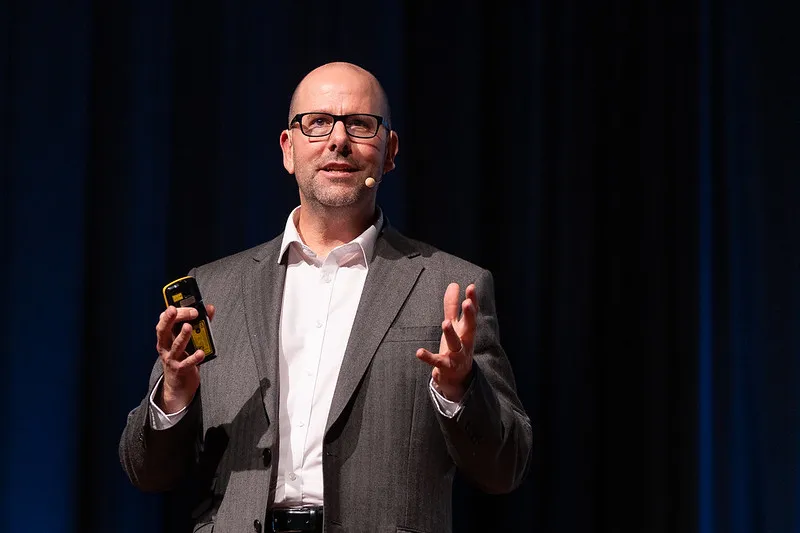
The second day concluded with the plenary session on One Health. Antimicrobial resistance (AMR) was repeatedly cited as a clear public health emergency that should be addressed through a One Health approach.
There were several takeaways from this session. Firstly, there is a need for unity in the One Health approach, with participants stressing the importance of breaking down silos and fostering collaboration across various sectors. Secondly, it is essential to raise awareness regarding our collective role in addressing health challenges, and the plenary emphasised actions that individuals and communities can take. Lastly, AMR is an urgent issue that should not be a silent pandemic but rather be recognised as a costly one, requiring significant investment in One Health initiatives.
Share this page
